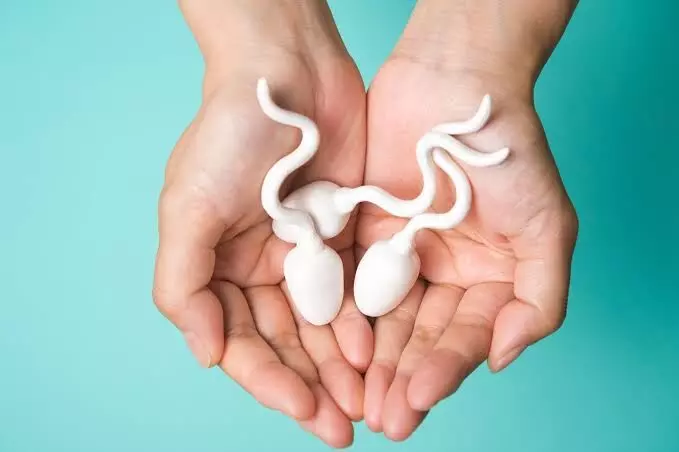
Air pollution may affect sperm motility says new Chinese study
text_fieldsA new study from the Tongji School of Medicine in Shanghai has pinpointed air pollution as a likely cause of poor sperm motility - the ability of sperm to swim and move - in a manner that would likely confirm what scientists have suspected for years regarding the link between air pollution and dropping fertility.
Data records were collected from a total of 33,876 men from 340 Chinese cities, aged 34 on average, with a varied degree of exposure to air pollution among them, and whose wives got pregnant through assisted reproduction technology with their sperm between January 2013 and December 2019.
The researched postulated that air pollution not only affected the motility of the sperm but also the direction in which the sperm swims. A correlation was also found between smaller 'particulate matter' in the air and lower motility of sperm, the study published on JAMA network claims.
Researchers then looked for patterns between semen quality in relation to whether the participants had been exposed to amounts of particulate matter smaller in diameter than 2.5 micrometres, between 2.5 and 10 micrometres, and 10 micrometres, in various key moments of the 90 days before their visit to the hospital for semen ejaculation.
To establish the quality of the semen, the researchers concentrated on factors such as sperm count, concentration, and sperm motility. They did find that the more a participant was exposed to smaller particulate matter, the lower both the progressive and the total sperm motility was.
Progressive sperm motility is the sperm's ability to swim forward, while total sperm motility simply refers to the sperm's ability to swim in general.
When exposed to particulate matter smaller in diameter than 2.5 micrometres. there was an estimated decrease in sperm motility of 3.6%, while when exposed to particulate matter of 10 micrometres in diameter, there was 2.44% less sperm motility.
Researchers speculated that the smaller the size of pollutants in the air, the deeper they were likely to travel in the lungs and the more likely they would reach the bloodstream and cause the effects on other parts of the body. They found that the earlier the person was exposed to pollution in sperm-formation stages (spermatogenesis), the more likely the sperm was to be affected.
While air pollution has been speculated to be a possible cause of decline in fertility, the latest study does not show a clear link between pollution and sperm quality, that is the concentration or count of sperm.
Commenting on the study, Allan Pacey, professor of andrology at the University of Sheffield said the study had not taken into account the shape or size of the sperm which could provide clues as whether pollutants were affecting the sperm on a genetic level and causing them to be deformed. This could explain the loss of motility, he said.























